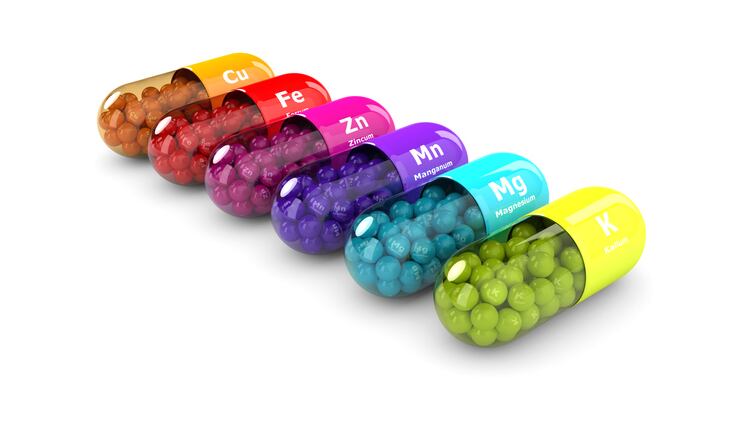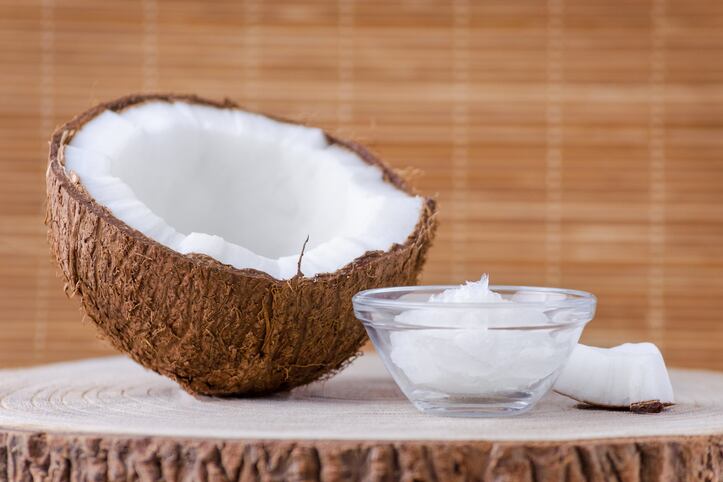Hosted by Dr. Manfred Eggersdorfer, professor for Healthy Ageing at the University Medical Center Groningen, the panel of five reviewed scientific evidence on the role of micronutrients in supporting the immune system, especially against viral infections.
The findings have been submitted for publication in a scientific journal.
“Right now, people are really interested in what they can do to protect themselves from virus infection.
“I see that this will provide a lot of opportunities for food and supplement companies, because they can also communicate and advocate the role of micronutrients, inform consumers the kind of products they have, the role of these products.
“They can communicate how do these micronutrients and minerals work and support a healthy immune system,” Dr Eggersdorfer told NutraIngredients-Asia.
In fact, there is already a vitamin craze in many countries due to the virus outbreak, including China and Singapore. However, authorities have also warned companies to be cautious about the health claims that they make in relation to the coronavirus.
The panel had reviewed evidence on micronutrients such as vitamin A, C, D, E, zinc, iron, selenium, copper and magnesium.
“If there is a deficiency or marginal status in these micronutrients, this can negatively affect the immune function and can decrease the resistance against infection,” said Dr Eggersdorfer.
The other panel members include professor Anitra Carr from the University of Otago, professor Jens Lykkesfeldt from the University of Copenhagen, professor Adrian Gombart from the Linus Pauling Institute, and professor Philip Calder from the University of Southampton.
Innate and adaptive immunity
The micronutrients act by supporting both innate and adaptive immune system.
For example, they are vital to white blood cells’ function in activating the innate and adaptive immune systems.
They can also help with good cell function and adherence of the cells so that the bacteria could not enter.
“Micronutrients are very important in white blood cell function and pretty much all the functions that they carry out, they will need these vitamins and minerals,” Dr Carr, whose research specialty is on vitamin C, said.
In the case of infection, she said that the body would use up more of the micronutrients, especially vitamin C, and hence, there was the need to take high amounts of these micronutrients to fight the infection.
Her review of current vitamin C research showed that it could prevent and treat respiratory and systemic infections by enhancing immune cell functions.
She recommended the intake of at least 200mg per day to reduce the risk of infection and a higher dose of one to two grams per day to decrease the severity of infection.
China is in fact in the midst of conducting clinical trials to investigate the effects of vitamin C on patients affected with COVID-19.
Dr Egger added that vitamin D was also important as many immune cells have vitamin D receptors.
“Many immune cells have vitamin D receptors that affect their function and are important… Vitamin D for example, promotes the differentiation of monocytes to microphage and increasing the killing capacity,” he said, adding that the daily recommended intake if 50mg.
Addressing data inconsistencies
The panel acknowledged that there were inconsistencies in existing evidence of vitamin C’s benefits, however, they explained that this was because of the way the research had been designed.
Dr Carr said that many vitamin C human studies were carried out in populations that already have an adequate vitamin C status, and so there was not much differences to the immune function when these people take vitamin C supplements.
“That's where the controversy is coming from, with a lot of studies showing no effect or impact, but that is because of the population that they have chosen,” she said.





